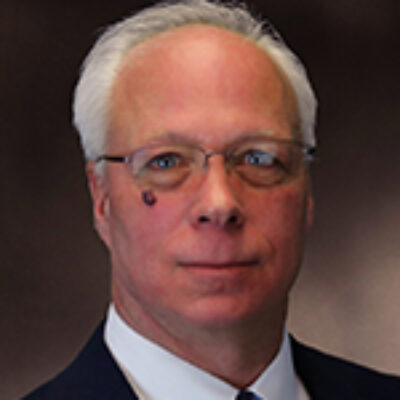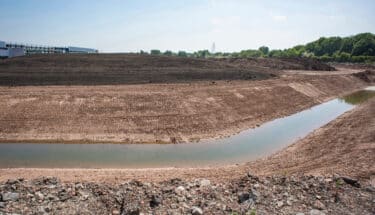
Ray Cantor – VP, Government Affairs
Thank you for the opportunity to testify before you today on Assembly Bill No. 2371, concerning food waste recycling.
NJBIA is generally supportive of the goal of the legislation to develop appropriate recycling methods for food waste to keep this waste out of landfills. However, there are two concerns with this legislation that we would like to see addressed by amendments. These issues relate to the definition of “large food waste generator” and the cost cap provided in the bill.
First, we are concerned over ambiguity with the term “large food waste generator.” The bill would only define an entity as a large food waste generator if it produces over 52 tons of food waste per year. It would only impose an obligation to send food waste to a recycling facility if that facility is within 25 road miles of the facility. However, it is unclear if the definition applies to a facility located at one location or if it is meant to apply to multiple facilities under common ownership if they cumulatively produce 52 tons of food waste. While we believe the intent is the former, and Senator Smith recently specifically told me so, the fact that the bill was amended last session to remove the phrase “at each establishment or location owned or operated by the large food waste generator” creates confusion and concern.
If a person owns 52 facilities throughout the state, which cumulatively produce over 52 tons of food waste per year, are these facilities subject to the requirement to recycle? What if one or more of them are within the 25-mile limit but the others are not? If the bill applies to smaller facilities that produce less than 52 tons, then it will be placing a substantial burden on these smaller facilities merely because they are affiliated with other small facilities. NJBIA requests that this provision be clarified by reinserting the language previously deleted.
Finally, we are concerned the bill only allows a large food waste generator to petition to be exempt from the recycling requirements if the cost to recycle is at least 10% greater than disposal costs. First, the exemption should be automatic, not subject to a petition and approval by the DEP. More importantly, by providing for a 10% cost “cap,” the legislation has all but given the incentive to recycling facilities to increase their rates up to the 10% cap. There is no reason to lower their rates and every economic reason to increase them given that there is a mandate to comply. By ignoring market principles, the bill would needlessly drive up the cost of recycling, thus harming businesses seeking to comply. It would also create an economic incentive to try to avoidcompliance. NJBIA requests the “cap” be set at the cost of disposal and that it be automatically applied and not subject to a petition process.
In summary, NJBIA asks that the definition of “large food waste generator” be clarified so that it is clear that it only applies to a single, stand-alone facility, and that the cost cap be lowered to disposal costs and be automatically applied.
Thank you for your consideration.





